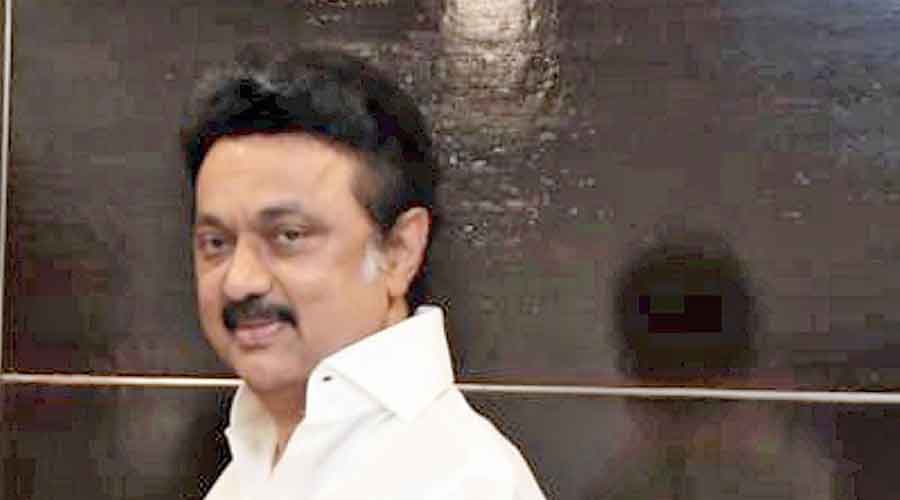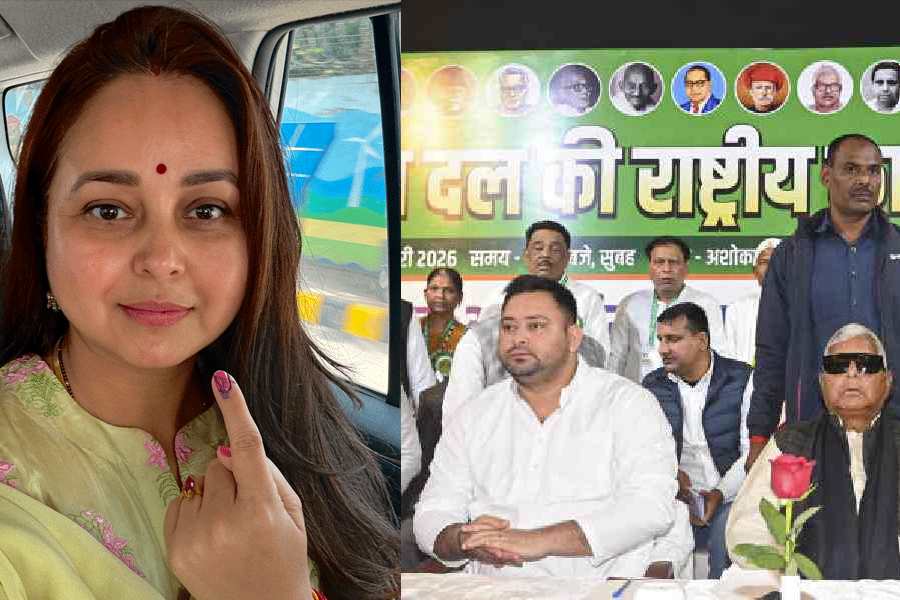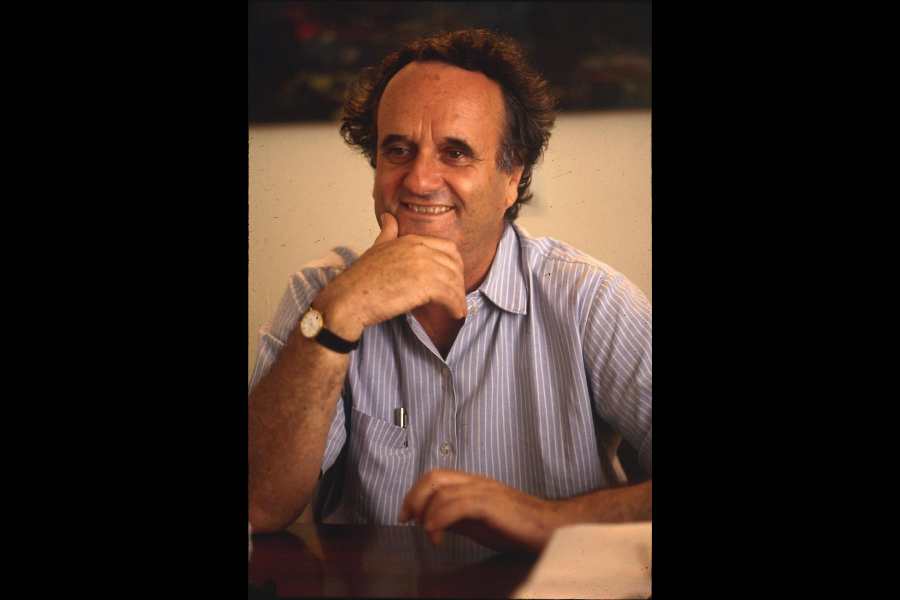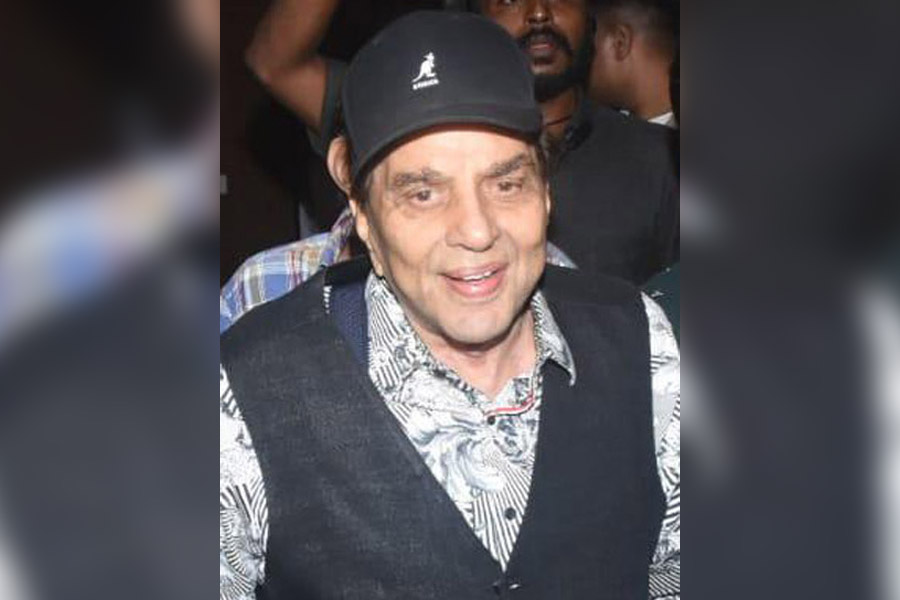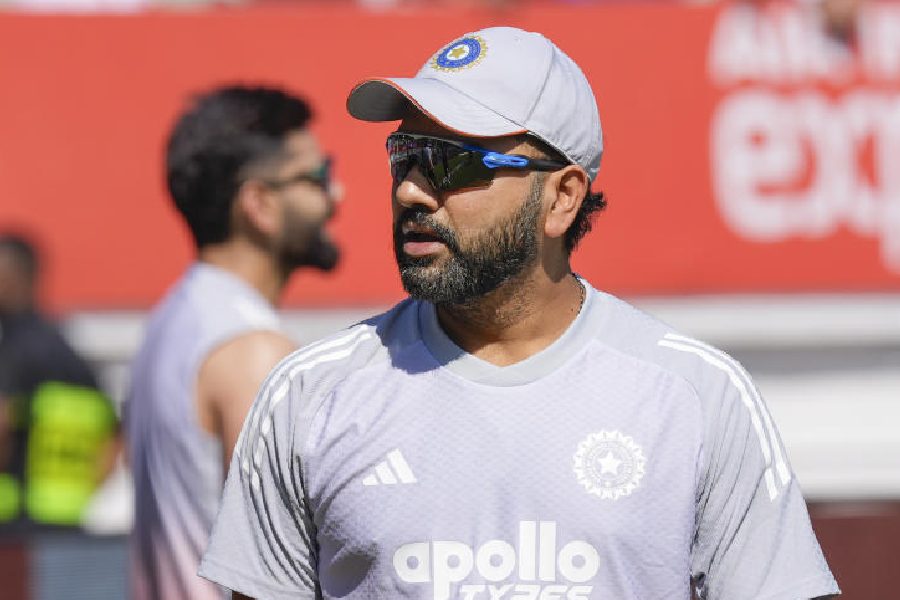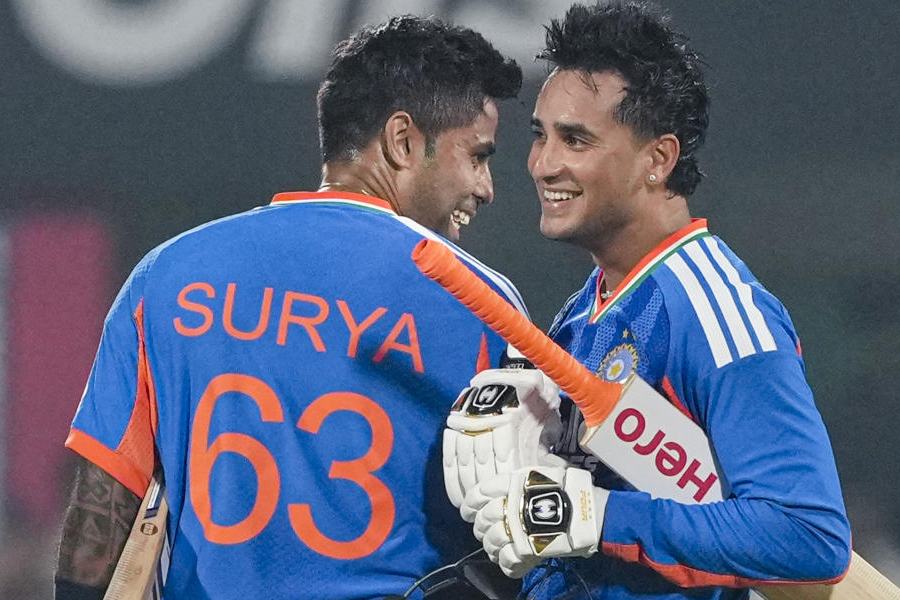The impressive electoral performance of the regional parties in the assembly elections held in the first half of 2021 has had major ramifications on national politics. Emboldened by the results, which reaffirmed the view that the balance of power within the Opposition has been shifting towards their outfits, regional satraps have now taken the lead in floating a nationwide anti-BJP front to challenge the saffron party and its allies in 2024. In the last few months, several meetings have been held by prominent leaders in the Opposition to discuss ways in which it can challenge the Bharatiya Janata Party’s hegemony in electoral politics. The Congress was forced to convene a virtual meeting in August that was attended by 19 Opposition parties.
While attempts by India’s Opposition to prop up a formidable front to take on the BJP and the prospects of such an initiative have been widely discussed, another interesting development that can potentially impact the health of India’s democracy in the long run has not received the same kind of attention. Ever since the BJP’s crushing defeat in Bengal and the victory of regional leaders — Mamata Banerjee, M.K. Stalin and Pinarayi Vijayan — in their respective states, the Opposition has been growing more vocal over the Narendra Modi government’s overarching ways, its scant regard for India’s federal structure as well as its tendencies to encroach upon the rights of state governments. Interestingly, supposedly ‘neutral’ chief ministers like Naveen Patnaik and Y.S. Jagan Mohan Reddy have also shown signs of supporting their counterparts in the Opposition advocating greater rights for the states.
Barely a few weeks after coming to power, the M.K. Stalin government stirred the proverbial hornet’s nest by referring to the Modi government as “Ondriyam Arasu” (Union government) instead of “Mathiya Arasu” (Central government), thereby raising pertinent questions about the very nature of Indian federalism. The BJP accused the state government of being confrontationalist and harbouring ulterior motives. The raging debate — as to whether India is a Union of states or whether the states are merely administrative units with the Union empowered to override their authority — may resemble political shadow-boxing but there is much more to it. The debate on the nature of federalism and the advocacy for federalism and rights of the states has not been restricted to Tamil Nadu. It is also timely: for it comes in the aftermath of the pandemic laying bare the fragility of India’s federal set up. The Centre and the state governments bitterly crossed swords on nearly every issue that required them to work together in the spirit of cooperative federalism, including vaccine policy, the plight of migrant workers during the national lockdown, goods and services tax rates on essential commodities and life-saving drugs and so on.
Over the years, successive Central governments have encroached upon the rights of the states. The Modi government, too, has been riding roughshod over states by adopting a centralized and unilateral approach to policy-making. In recent times, the Centre has bolstered this centralization spirit by unilaterally framing laws — the farm laws, the electricity (amendment) bill, the Major Port Authorities Act, 2021 — on subjects on the state and concurrent lists. Odisha, West Bengal, Kerala and Andhra Pradesh have been fiercely resisting such moves aimed at usurping the constitutionally guaranteed rights of states.
Opposition leaders exhibiting a willingness to form an anti-BJP front and the renewed focus on federal politics and rights of states are crucial for the health of Indian democracy. In fact, these two developments are interlinked. If Opposition leaders commit themselves to the cause of federalism and greater authority for the states, it will strengthen the prospects of the proposed federal front that aims to confront the BJP. A political movement resisting the current dispensation’s high-handedness to ensure greater federalization can become the rallying point for Opposition forces by acting as a glue that can hold disparate elements of the alliance together. Such a move will also bolster the chances of the alliance by generating wider acceptance for it, especially among fence-sitters, by countering the long-standing criticism of such an initiative being nothing but an example of the ambition of the regional satraps.
The success of the Opposition will depend on its ability to make 2024 a ‘Modi versus what’ instead of a ‘Modi versus who’ battle.

